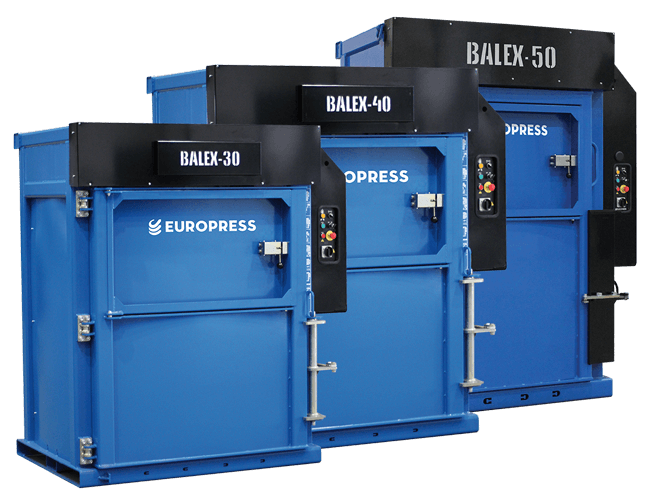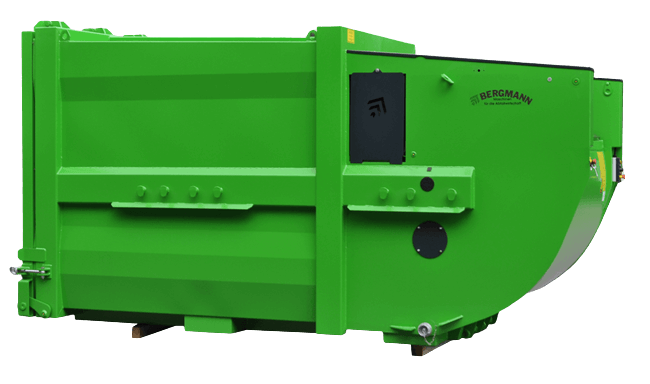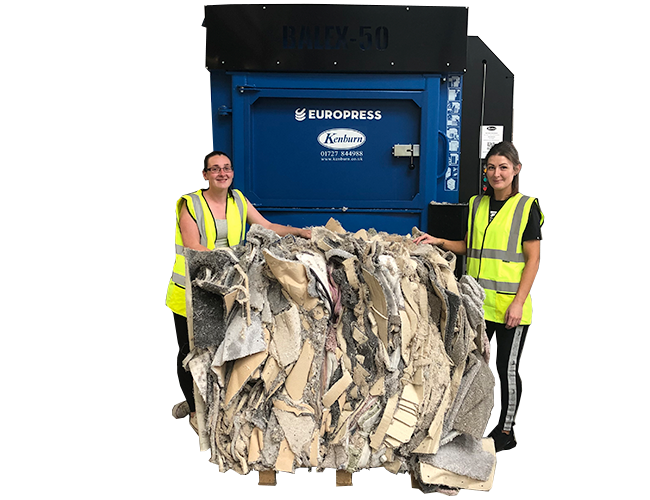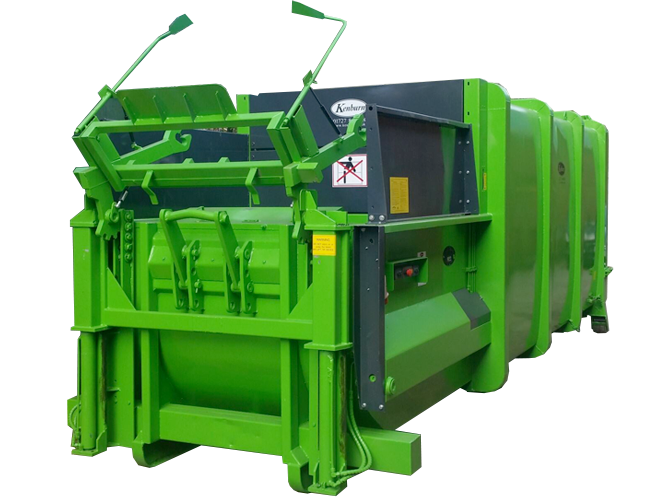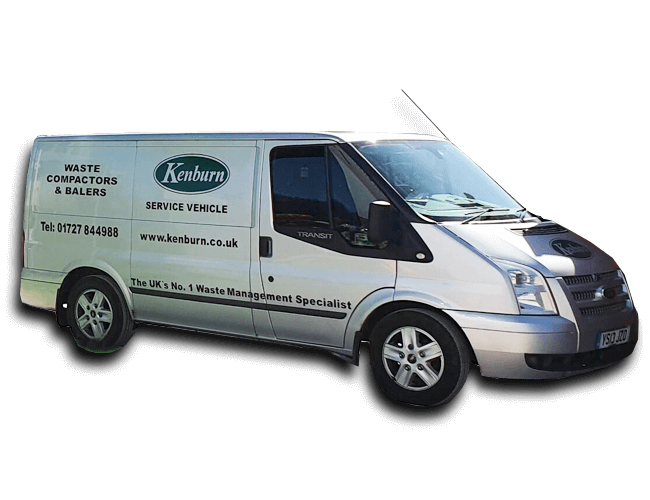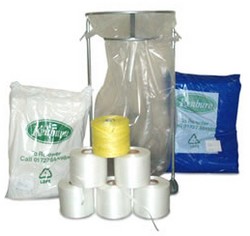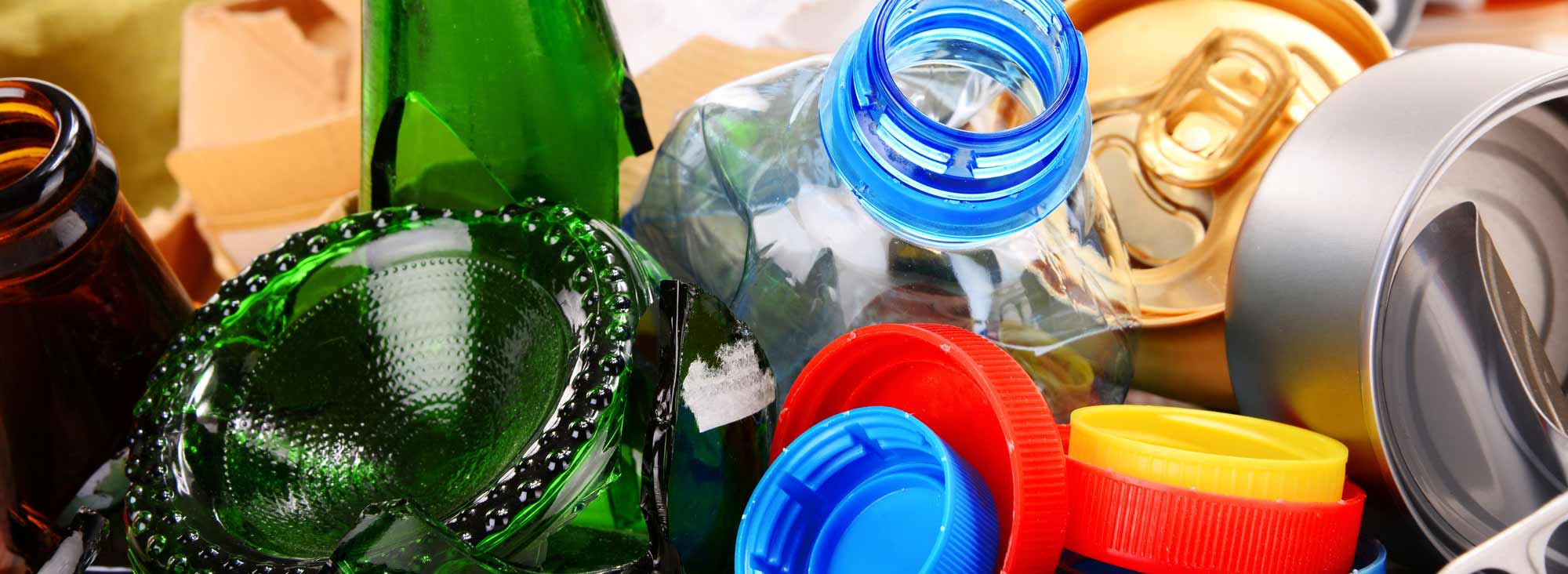 The importance of keeping on top of your business’s waste is becoming ever more vital. Costs to dispose of waste in landfill are growing sharply and customers are voting with their wallets for greener business practices. Improving your waste management has a range of business benefits; from cutting disposal costs to enhancing green credentials.
The importance of keeping on top of your business’s waste is becoming ever more vital. Costs to dispose of waste in landfill are growing sharply and customers are voting with their wallets for greener business practices. Improving your waste management has a range of business benefits; from cutting disposal costs to enhancing green credentials.
Conducting a business waste audit is the first step to optimising your waste management and cutting those hefty waste bills eating away at your business’s profits.
What is a business waste audit?
A waste audit reviews and analyses the waste your business creates. It aims to understand the main sources of waste, the diversion rate (how much of your total waste is diverted from landfill) and make it easier to develop improvements.
In an audit, you can gauge how much of your waste is reducible, reusable and recyclable; allowing you to create goals and cut your costs.
A business waste audit can be conducted in-house or outsourced. Outsourcing can be a better option for larger companies but be aware that some contractors might refuse to, or incorrectly audit your waste so they can make more collections from you.
Why conduct a business waste audit?
To set measurable waste management targets
By conducting a business waste audit you are able to calculate a waste diversion rate. This is the weight of the rubbish diverted from landfill (such as recyclables, compostables or reusables) compared to the total weight of rubbish you produce. Your diversion rate is a KPI which you can use to set targets for future waste audits. Your diversion rate gives you a good idea of how environmentally sound your current practices are. A diversion rate of 50% isn’t bad but businesses should be seeking to increase this to around 75%.
To minimise waste production
By analysing waste you might be able to eliminate it in certain areas. For example you might consider the following:
- Becoming a paperless office if you are producing lots of paper waste.
- Opting for recyclable options if you produce lots of cardboard or plastic waste packaging.
- Discussing with your supply chain about switching to recyclable packaging or receiving repeating orders in bulk.
- Getting a compost bin if you produce lots of food waste (even waste from lunch and snacks can be significant).
- Investing in Balers or compactors to help reduce the space taken up by waste or make it ready to sell to recycling contractors.
To make more waste recyclable
Conducting a business waste audit will give you a better idea of where contaminants are being produced. Materials cannot be recycled if they are contaminated with non-recyclable waste. Food packaging is the worst culprit, with many people not bothering to rinse out packaging before recycling. When this waste is thrown into landfill or is contaminating your recyclable waste, it costs your company money.
To save money on waste
There are several ways you can reduce, recycle, or reuse your waste. You can also consider waste management options such as balers, which can help offset waste management costs. Conducting a business waste audit will give you a better idea of just how much you can save by reducing the size of your landfill waste and properly baling your recyclables.

